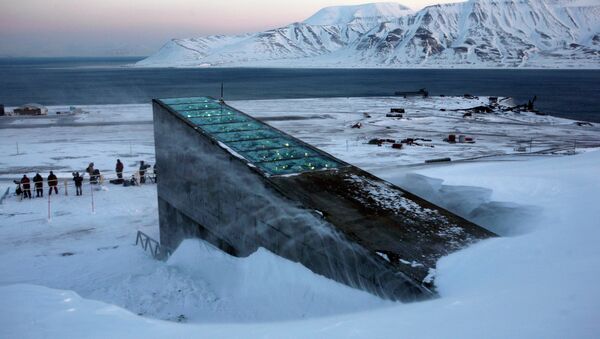Named the World Arctic Archive, the new underground storage facility on Norway's island of Svalbard will join the nearby Global Seed Vault as a place of last resort in the event of a planetary holocaust.
Norwegian company Piql will store thousands of humanity's
most important literary, cultural, and resource books, implementing a proprietary technique to store large amounts of digital data in analog form, by using relatively stable photo-sensitive film material.
Storing digital information using an analog format is considered to be significantly more stable, and less susceptible to degradation. No special codecs, updates or operating systems would be required to access the material. As long as there is connectivity, the archive can be accessed online, according to Gizmodo.
According to company spokeswoman Katrine Loen Thomsen,
"We believe that we can save the data using our technology for a whole 1,000 years. It's digital data preserved, written onto photosensitive film. So we write data as basically big QR codes on films."
An abandoned coal mine will serve as the location for the book vault, as conditions underground, hovering just below freezing, are not susceptible to seasonal changes. The surrounding geological area is tectonically stable.
The Svalbard archipelago, a demilitarized zone, is about halfway between the Scandinavian mainland and Greenland, and lies about 650 miles from the North Pole.



